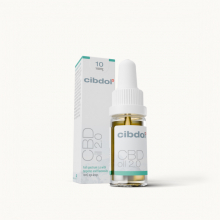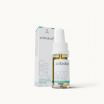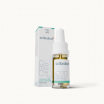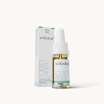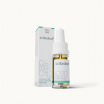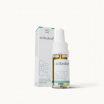Is cbd oil (cannabidiol) the same as medical marijuana or hemp?
Published:
Marijuana, CBD oil, and medical cannabis are terms that often get used interchangeably, but there are important differences between them. This article will explain what marijuana, CBD oil, and medical cannabis are, their uses and effects, and the legal status of each. With marijuana becoming legal in more states and CBD oil exploding in popularity, it’s important for consumers to understand these cannabis-derived products.
Contents:
- What Exactly is Marijuana?
- Understanding CBD Oil and How it Differs from Marijuana
- Medical Cannabis Uses, Effects and State Laws
-
Frequently Asked Questions about Marijuana, CBD and Medical Cannabis
- What are the key differences between marijuana and hemp?
- What are the side effects and risks associated with marijuana use?
- Does CBD oil get you high or have psychoactive effects?
- Is CBD oil legal in all 50 states?
- How is medical marijuana different from recreational marijuana?
- What are the approved medical uses for marijuana?
- How does medical marijuana provide therapeutic benefits?
- In summary:
- Q: Is CBD oil (cannabidiol) the same as medical marijuana or hemp?
- Q: What is medical marijuana?
- Q: Can I buy CBD products without a prescription?
- Q: What is the difference between hemp and marijuana?
- Q: Is CBD oil considered an illicit substance?
- Q: Are there any known side effects of using CBD?
- Q: How does CBD work in the body?
- Q: Where does CBD come from?
- Q: Will I get "high" from using CBD products?
- Q: Can CBD be used by medical marijuana patients?
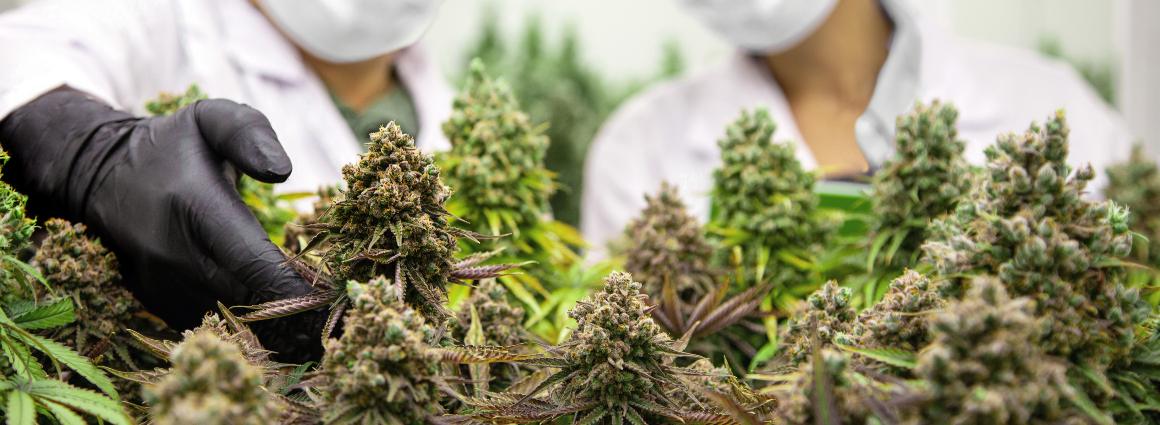
To start, marijuana refers to parts of or products from the cannabis plant that contain substantial amounts of tetrahydrocannabinol (THC). THC is the chemical responsible for the “high” associated with marijuana use. Marijuana contains over 100 different cannabinoids, which are chemical compounds found in cannabis. Of these cannabinoids, THC is the main psychoactive one.
CBD oil, on the other hand, comes from the hemp plant. Both hemp and marijuana are varieties of the cannabis sativa plant, but hemp contains very little THC. CBD oil is made by extracting CBD from hemp and diluting it with a carrier oil such as hemp seed oil or coconut oil. CBD oil contains minimal (less than 0.3%) or no THC, so it does not produce psychoactive effects. Instead, CBD oil is used for its potential therapeutic benefits and ability to boost health and wellness.
Medical cannabis refers to using cannabis or its extracts to treat diseases or medical conditions. It contains varying levels of THC and CBD, depending on the specific condition being treated. Medical cannabis can be administered in several forms, such as smoking/vaping, edibles, capsules, and topicals. As of now, the FDA has approved only one form of medical cannabis - a CBD oil called Epidiolex for treating severe seizures. Most states with medical marijuana laws allow doctors to recommend cannabis for a variety of conditions, from chronic pain to cancer.
Now that we’ve clarified the terminology, let’s look more in depth at marijuana, CBD oil, and medical cannabis.
What Exactly is Marijuana?
Marijuana, also known as pot, weed, grass, or cannabis, comes from the cannabis sativa plant. The dried flowers, leaves, stems and seeds of the plant can be used for recreational, medical, and spiritual purposes. Marijuana contains mind-altering compounds like THC and other related compounds. THC is what gives marijuana its psychoactive properties and produces the “high” feeling from using it.
The usage of marijuana can be traced back to ancient times and it has been used both recreationally and medicinally for centuries. The cannabis plant contains over 400 chemical compounds and more than 60 of them are cannabinoids - compounds found exclusively in cannabis plants. Cannabinoids interact with the endocannabinoid system in the human body to produce a range of effects.
Aside from THC, other cannabinoids found in marijuana include CBD, CBG, CBN, etc. Terpenes are another set of chemicals that influence marijuana’s aroma, taste and effects. Popular marijuana strains include OG Kush, Sour Diesel, Purple Haze, etc. Marijuana can be consumed in several ways - smoking/vaping, edibles, tinctures, topicals and more.
When marijuana is used recreationally, it can produce euphoric and relaxing effects like elevated mood, happiness, increased appetite, lowered blood pressure and more. Potential negative short-term effects include impaired memory/cognition, anxiety, paranoia and more. Marijuana use affects areas of the brain related to memory, learning, decision-making and emotion. Long term or heavy use, especially in teenagers can affect brain development and may increase risk of developing mental health issues like depression/anxiety. However, most adult users tend to tolerate it well.
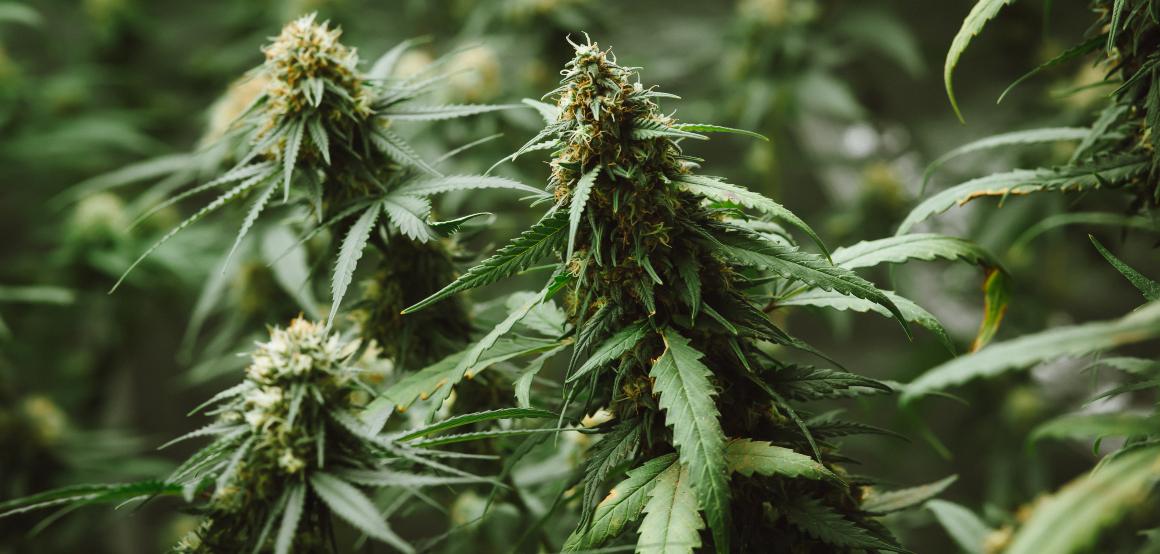
Understanding CBD Oil and How it Differs from Marijuana
CBD stands for cannabidiol, which is the second most abundant cannabinoid found in cannabis after THC. CBD oil comes from the hemp plant, a cousin of the marijuana plant. While they are similar in some ways, there are notable differences between these two plants and their extracts.
Hemp naturally contains higher amounts of CBD and only trace amounts of THC. CBD makes up 40% or more of the plant’s extract. Hemp-derived CBD oil contains less than 0.3% THC, which is not enough to produce psychoactive effects or make the user “high”. Marijuana, on the other hand, contains anywhere between 5-35% THC.
CBD oil is made by extracting CBD from the hemp plant, then diluting it with a carrier oil such as coconut oil or hemp seed oil. This results in a highly-concentrated CBD oil which can be taken in various ways - ingested orally, applied topically, vaped, etc.
Unlike THC, CBD does not directly bind to CB1 receptors in the brain. Instead, it stimulates the endocannabinoid system indirectly and also affects other non-cannabinoid receptors and ion channels. CBD is non-intoxicating and may help balance some of the undesirable effects of THC like anxiety or paranoia. When taken together, CBD and THC interact synergistically and can produce enhanced therapeutic benefits - this is known as the “entourage effect”.
CBD oil is growing in popularity because of its potential therapeutic applications. According to research, CBD may help relieve symptoms related to epilepsy, anxiety, chronic pain, arthritis, sleep disorders, PTSD, nausea and more. However more human studies still need to be done to substantiate these claims fully. CBD oil does not produce euphoric or psychoactive effects, so it can be used medicinally without feelings of being “high”. Many users also take CBD oil daily for its antioxidant and anti-inflammatory properties as a health supplement.
Since CBD oil does not contain THC, it is generally considered legal and does not require a medical marijuana permit. However laws related to CBD are still unclear in some states so users should research the laws in their local area. High quality CBD oil should also be tested by a third party lab to ensure safety and composition. When buying CBD oil, consumers should check if it comes with a product label and certificate of analysis showing its exact composition. Overall CBD oil is extremely safe and well tolerated in humans even at relatively high doses.
Medical Cannabis Uses, Effects and State Laws
Medical cannabis refers to using the marijuana plant or its basic extracts with very high levels of cannabinoids to treat certain medical conditions. It can be prescribed by doctors in states that allow its medical use for symptoms like chronic pain, PTSD, epilepsy, multiple sclerosis, AIDS, cancer and more. Medical cannabis aims to utilize the synergistic effects between THC, CBD and other cannabinoids to provide enhanced therapeutic benefits.
Medical marijuana products can vary greatly in their composition. Some contain high levels of THC and lower levels of CBD, while others may contain a balanced combination or even higher CBD than THC. The optimal composition depends on the medical condition being treated. The cannabinoids, terpenes and other compounds found in medical marijuana may help reduce inflammation, ease pain, relax muscles, improve sleep, stimulate appetite and more.
Medical marijuana is available in many different forms that patients can use:
- Dried flower - can be smoked/vaped or used to make extracts/edibles
- Oil extracts - like THC oils and CBD oils
- Edibles - such as chocolates, candies, baked goods infused with cannabis
- Topicals - creams, lotions, salves containing cannabis extracts that are applied externally
- Capsules/pills
- Tinctures - cannabis-infused alcohol solutions that are ingested sublingually
The most suitable form depends on the patient, their condition and their preferences around methods of consumption. Inhalation methods like smoking/vaping allow rapid absorption and quick symptom relief, while edibles and capsules provide longer-lasting effects. Topicals are meant for localized symptom relief. Oils and tinctures can be added to food/drinks or taken orally. Patients are recommended to start slow and gradually increase dosage until they find a safe and effective amount.
As of 2023, medical marijuana is legal in 39 U.S states, though laws vary considerably around allowable products, qualifying conditions and accessibility. There are still many restrictions in most states around selling and using recreational marijuana. Under federal law, marijuana is still classified as a Schedule I controlled substance with no currently accepted medical use and high potential for abuse. However this classification is highly controversial and does not align with most public health research on marijuana. As laws and attitudes towards marijuana continue evolving, medical marijuana may soon be legalized in more states.
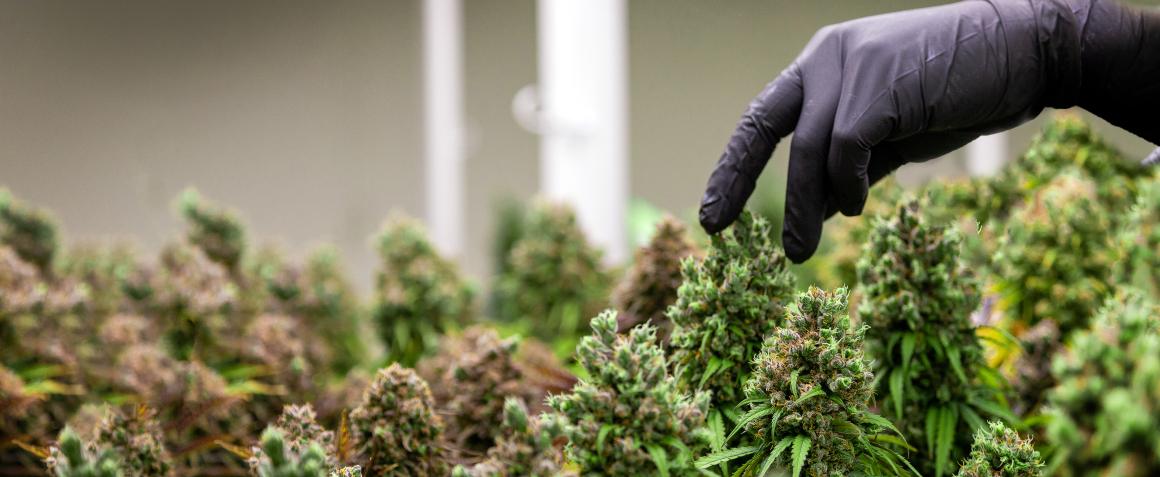
Frequently Asked Questions about Marijuana, CBD and Medical Cannabis
Here are answers to some common questions consumers have about marijuana, CBD oil and medical cannabis:
What are the key differences between marijuana and hemp?
Hemp and marijuana both originate from the cannabis sativa plant but have been bred over time to serve different purposes. Marijuana is bred to maximize THC content and produces intoxicating effects. Hemp has no more than 0.3% THC content and does not produce psychoactive effects. Hemp is used more for industrial purposes and is the source for hemp-derived CBD oil.
What are the side effects and risks associated with marijuana use?
Some potential side effects and health risks from marijuana use include impaired memory/learning, increased heart rate, anxiety, paranoia, dizziness, addiction risk, respiratory issues when smoked. Risks are higher in teenagers, pregnant women, and people with mental health disorders. However, marijuana has relatively lower toxicity and harm potential compared to other recreational substances.
Does CBD oil get you high or have psychoactive effects?
No, CBD oil derived from hemp does not contain enough THC to produce psychoactive effects. THC is the cannabinoid responsible for making you high. CBD provides therapeutic benefits without inducing a high feeling. However, minor THC traces may build up over time with regular use.
Is CBD oil legal in all 50 states?
Under federal law established by the 2018 Farm Bill, hemp-derived CBD products containing less than 0.3% THC are legal across the United States. However, some state laws still prohibit CBD sales, so it’s important to check your local laws. CBD products from marijuana plants remain federally illegal.
How is medical marijuana different from recreational marijuana?
Medical marijuana refers specifically to using cannabis/marijuana compounds to treat medical conditions. It may contain varying ratios of CBD and THC tailored to specific conditions. Recreational marijuana is used purely for its intoxicating effects and typically has higher levels of THC. Both can come from the same strains, but serve different purposes.
What are the approved medical uses for marijuana?
Currently the FDA has approved only Epidiolex, a purified CBD drug to treat seizures. But many states with medical marijuana laws recognize its use for pain, nausea, PTSD, cancer and other conditions. Evidence is strongest for chronic pain, multiple sclerosis, and chemotherapy-induced nausea/vomiting. More research is still needed on its efficacy for other uses.
How does medical marijuana provide therapeutic benefits?
Compounds in medical marijuana like THC, CBD and terpenes may help relieve symptoms through their anti-inflammatory, analgesic, anti-anxiety, muscle relaxant, antiemetic, appetite-stimulating, and other beneficial effects. They interact with the body's endocannabinoid system and other biological targets to produce therapeutic effects.
In summary:
- Marijuana contains THC and other cannabinoids which produce intoxicating as well as potential therapeutic effects. CBD oil comes from hemp, contains minimal THC, and is not intoxicating. Medical cannabis refers specifically to using marijuana compounds to treat medical conditions.
- Marijuana is legal for recreational or medical use in many states, but remains federally illegal. CBD oil is widely legal but still faces some restrictions. Medical cannabis is legally accessible only in states with medical marijuana laws.
- Marijuana, CBD oil and medical cannabis share certain benefits, but also have distinct applications, uses and legal statuses. Consumers should understand the terminology and laws around these cannabis-derived products.
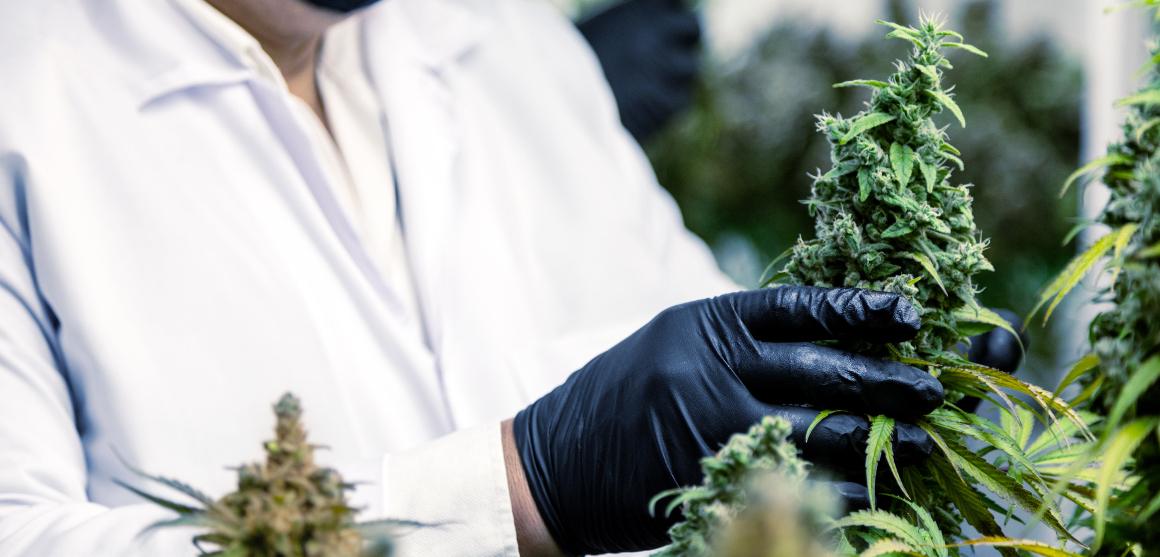
Q: Is CBD oil (cannabidiol) the same as medical marijuana or hemp?
A: No, CBD oil is not the same as medical marijuana or hemp. While all three are derived from the cannabis plant, they have different chemical compositions and uses.
Q: What is medical marijuana?
A: Medical marijuana refers to the use of the cannabis plant or its extracts to treat medical conditions. It is typically prescribed by a healthcare professional and obtained from a licensed dispensary.
Q: Can I buy CBD products without a prescription?
A: Yes, you can buy CBD products without a prescription. CBD products derived from hemp are legal in many countries and can be purchased over the counter or online.
Q: What is the difference between hemp and marijuana?
A: Hemp and marijuana are both varieties of the cannabis plant, but they have different levels of THC, the psychoactive compound. Hemp has low levels of THC (under 0.3%) and is primarily used for industrial purposes, while marijuana has higher levels of THC and is often used for recreational or medicinal purposes.
Q: Is CBD oil considered an illicit substance?
A: CBD oil derived from hemp is legal in many countries and is not considered an illicit substance. However, CBD oil derived from marijuana may be subject to stricter regulations and could be considered illicit in some jurisdictions.
Q: Are there any known side effects of using CBD?
A: According to the National Institute on Drug Abuse, CBD is generally well-tolerated, and most people experience minimal side effects. However, some individuals may experience drowsiness, dry mouth, or changes in appetite.

Q: How does CBD work in the body?
A: CBD interacts with the body's endocannabinoid system, which is involved in regulating various physiological processes such as pain sensation, mood, and immune function. CBD can have various effects on the body, depending on the specific receptors it interacts with.
Q: Where does CBD come from?
A: CBD can be derived from both hemp and marijuana plants. Hemp-derived CBD is more commonly available and legal in many countries, while marijuana-derived CBD may be subject to stricter regulations.
Q: Will I get "high" from using CBD products?
A: No, CBD is not psychoactive and does not produce the "high" associated with THC, the psychoactive compound in marijuana. CBD products typically contain minimal or no THC, so you won't get high from using them.
Q: Can CBD be used by medical marijuana patients?
A: Yes, CBD can be used by medical marijuana patients. However, it's important to note that medical marijuana patients may have access to a wider range of cannabis products, some of which may contain higher levels of THC than hemp-derived CBD products.









